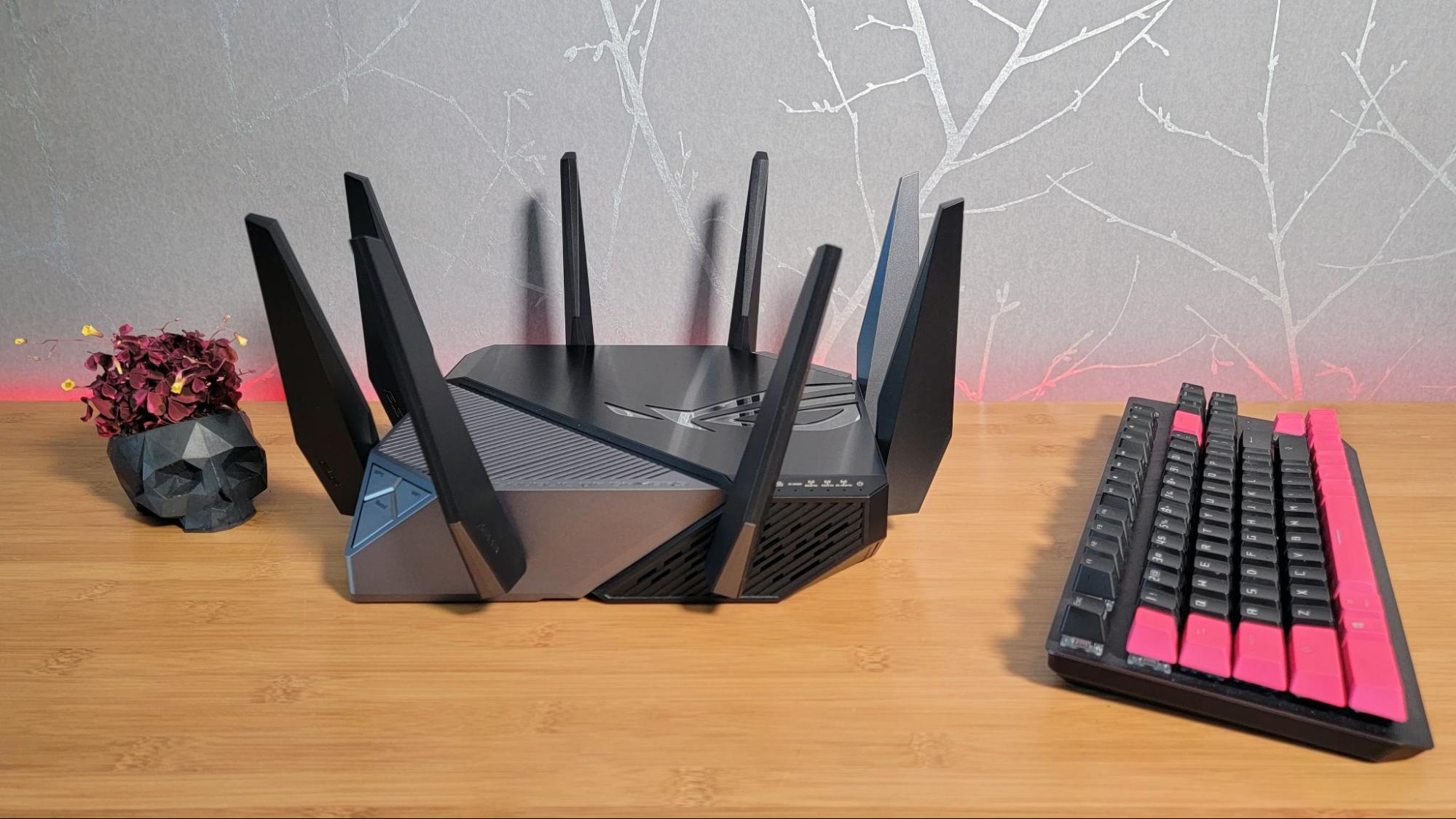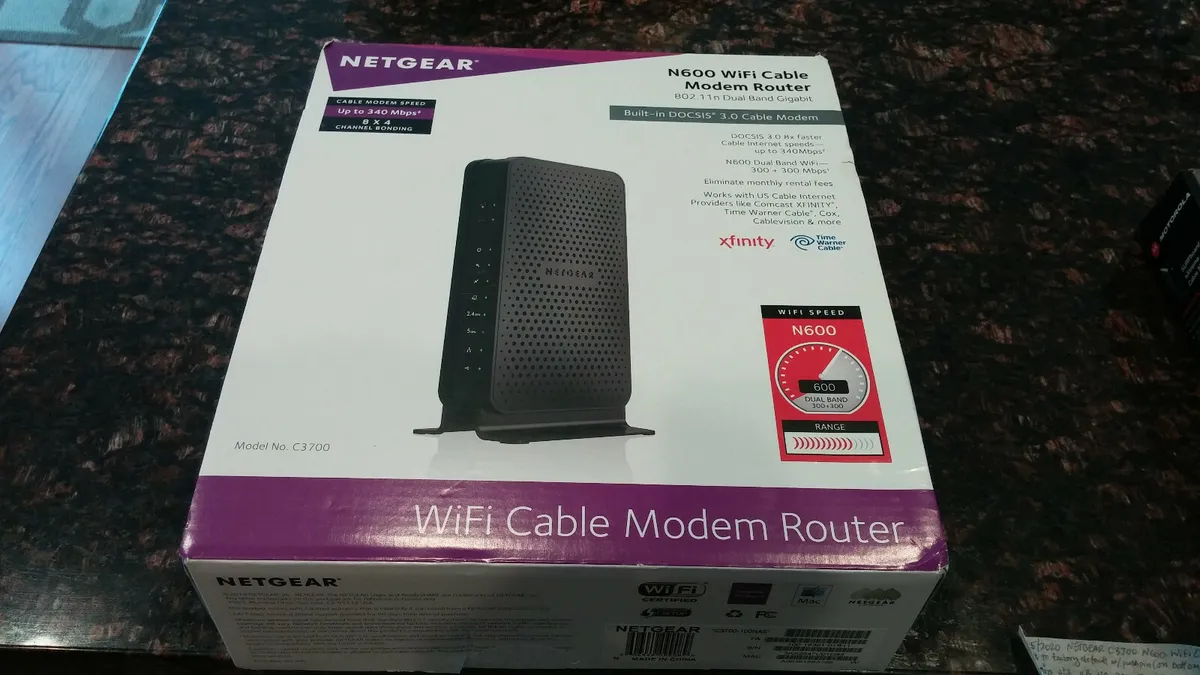Introduction
Online gaming has become an immensely popular form of entertainment, offering players around the world an opportunity to connect, compete, and immerse themselves in virtual worlds. Whether you’re a casual gamer or a hardcore enthusiast, one question that often arises is, “How many gigs do you use on online gaming?”
Understanding the amount of data consumed during online gaming sessions is essential, especially if you have limited data plans or want to manage your internet usage effectively. In this article, we will explore the data usage of online gaming and provide you with valuable insights to help you make informed decisions about your gaming activities.
Online gaming refers to playing video games over the internet either on consoles, computers, or mobile devices. It allows players to participate in multiplayer matches, explore open worlds, and engage in cooperative or competitive gameplay with other online users.
As technology has advanced, online games have become more immersive, visually stunning, and complex. This has led to an increase in the amount of data required to deliver a seamless gaming experience. From graphics rendering to voice chat and online updates, various factors contribute to the data consumption of online gaming.
In the next sections, we will delve deeper into the specifics of data usage in online gaming, explore the factors that influence it, and provide you with practical tips to manage your data usage without compromising your gaming experience.
What is online gaming?
Online gaming refers to the act of playing video games over the internet, allowing players to connect and interact with other players across the globe. Unlike traditional single-player games, online gaming provides a dynamic and social experience that enhances the enjoyment of gaming.
Online gaming can take various forms, from massive multiplayer online role-playing games (MMORPGs) to first-person shooters, strategy games, and sports simulations. These games offer players the opportunity to team up with friends or compete against other real-life players in virtual environments.
One of the key elements of online gaming is the ability to communicate and interact with other players in real-time. This can be done through features such as voice chat, text messaging, or in-game social hubs. The multiplayer aspect of online gaming fosters a sense of community and teamwork, allowing players to collaborate, strategize, and form alliances.
Furthermore, online gaming offers a vast range of genres and gameplay styles to suit different interests and preferences. Whether you enjoy exploring immersive open worlds, engaging in intense shootouts, or solving intricate puzzles, there is an online game available for every gaming enthusiast.
With the advent of smartphones and tablets, online gaming has also become more accessible than ever. Mobile gaming platforms offer a wide array of online games, allowing players to enjoy their favorite titles on the go.
The popularity of online gaming has also given rise to competitive esports, where professional gamers compete in tournaments for substantial prize pools. Spectators can watch these esports competitions live, further enriching the online gaming experience.
Overall, online gaming opens up a world of excitement, challenges, and social connections for players. It transcends geographical barriers and brings gamers together from different cultures and backgrounds. Whether you’re a casual player looking for some fun or a dedicated gamer seeking intense competition, online gaming offers unparalleled entertainment and engagement.
How much data does online gaming use?
The amount of data consumed during online gaming sessions can vary depending on several factors. These include the type of game, the platform you are playing on, the game’s graphics and sound settings, the duration of the gaming session, and whether you are playing alone or with other players.
On average, online gaming can use anywhere from 50 MB to several gigabytes of data per hour. Less data-intensive games, such as puzzle or casual games, tend to use lower amounts of data. On the other hand, graphically demanding games with high-definition visuals and complex gameplay mechanics can consume more data.
MMORPGs, which involve immersive open worlds and constant online interaction, generally have higher data consumption compared to other types of online games. These games frequently download updates, patches, and additional game content, contributing to the overall data usage.
Console games usually have a fixed data usage per hour, while PC games and mobile games can have more variability depending on the specific game and its settings. It’s worth noting that online gaming data usage can also be influenced by background app updates, streaming services, or other internet activities occurring simultaneously on your device.
In terms of specific numbers, let’s consider some examples to give you an idea of typical data usage:
- Casual and mobile games: These games typically use around 10-100 MB of data per hour.
- Standard online multiplayer games: These games can consume around 100-500 MB of data per hour.
- MMORPGs and graphically intense games: These games may utilize 1-3 GB or more of data per hour, especially if streaming content or participating in voice chat.
Keep in mind that these numbers are estimates and can vary depending on the factors mentioned earlier. It’s advisable to check the game’s system requirements or consult the game developer to get a better understanding of its data usage.
To effectively manage your data usage while gaming, it’s essential to monitor your data consumption, set limits, and adjust game settings accordingly. We’ll provide you with some practical tips on managing your data usage in the next section.
Factors that affect data usage in online gaming
Several factors can influence the amount of data used during online gaming sessions. Understanding these factors can help you manage your data usage effectively and make informed decisions about your gaming habits. Here are some key factors that impact data consumption in online gaming:
- Game graphics and settings: Games with high-definition graphics and advanced visual effects typically require more data to render the detailed and immersive gaming environment. Adjusting the graphics settings in the game options can help reduce data usage while still maintaining an enjoyable gaming experience.
- Game updates and patches: Many online games frequently release updates, bug fixes, and additional content. These updates are downloaded directly to your device and can contribute to significant data usage. It is advisable to schedule updates during times when you have access to unlimited or cheaper data, such as Wi-Fi connections.
- Online interactions and voice chat: Engaging in multiplayer matches or participating in voice chat during gaming sessions can increase data usage. Online interactions involve constant communication with game servers and other players, while voice chat requires data to transmit and receive audio. Consider limiting voice chat usage or opting for text chat in games to conserve data.
- Streaming and recording gameplay: Some online games offer features that allow you to stream or record your gameplay. These activities can consume additional data, especially when streaming in high quality or recording longer gameplay sessions. If data usage is a concern, it’s best to avoid excessive streaming or recording.
- Game duration: The duration of your gaming sessions can significantly impact data usage. Longer gaming sessions naturally use more data, so consider managing your playtime and taking breaks to minimize data consumption.
- Other internet activities: It’s important to be aware of other internet activities happening simultaneously on your device while gaming. Streaming services, downloading large files, or running other data-intensive applications can compete for bandwidth and increase overall data usage. Close unnecessary background apps and limit other internet activities while gaming to optimize your data usage.
By considering these factors and making informed choices, you can enjoy online gaming while keeping your data consumption in check. In the next section, we will provide you with practical tips on managing your data usage effectively while gaming online.
Different types of online games and their data usage
Online gaming encompasses a wide variety of genres and gameplay styles, each with its own data usage characteristics. Understanding the data consumption of different types of online games can help you make informed decisions and manage your data usage effectively. Here are some common categories of online games and their typical data usage:
- Massive Multiplayer Online Role-Playing Games (MMORPGs): MMORPGs are known for their expansive virtual worlds and the ability to interact with other players in real-time. Due to the constant online nature of these games, they tend to have higher data usage compared to other genres. In addition to the initial game download, MMORPGs often require frequent updates, patches, and downloads of new game content, which can contribute to substantial data consumption.
- First-Person Shooters (FPS): FPS games involve intense action and fast-paced gameplay. While the data usage can vary depending on the specific game, FPS games generally utilize significant data due to the constant communication between players and the game server. Features such as real-time positioning updates and voice chat during multiplayer matches contribute to higher data consumption.
- Strategy Games: Strategy games, such as real-time strategy (RTS) or turn-based strategy games, often involve complex gameplay mechanics and vast virtual battlefields. The data usage of strategy games can vary depending on factors like the size and complexity of the game maps, the number of units and buildings involved, and the frequency of multiplayer interactions. Generally, these games tend to have moderate data consumption.
- Sports Simulations: Sports simulation games, like football or basketball games, replicate the experience of real-world sports events. The data usage in these games is typically lower compared to graphics-intensive genres like MMORPGs or FPS games. The data consumption in sports simulations primarily depends on the multiplayer interactions, such as online matches or online team modes.
- Casual and Puzzle Games: Casual games and puzzle games usually have lower data usage compared to more graphics-intensive genres. These games are designed to be lightweight and often have simpler graphics and gameplay mechanics, resulting in lower data consumption. However, it is still advisable to check individual game requirements as data usage can vary.
It’s important to note that the data usage provided here is a general guideline and can vary depending on the specific game, its settings, and other factors already mentioned in previous sections. Checking the game’s system requirements, reading user reviews, or consulting the game developer can give you a more accurate understanding of the data usage of a particular game.
By considering the data consumption of different types of online games, you can make informed choices and manage your data usage accordingly. In the next section, we will share some practical tips to help you effectively manage your data while gaming online.
Tips to manage your data usage while gaming online
Managing your data usage while gaming online is essential to prevent exceeding your data limits and incurring additional charges. Here are some practical tips to help you effectively manage your data consumption without compromising your gaming experience:
- Monitor your data usage: Keep track of your data usage by regularly checking your data usage reports provided by your internet service provider (ISP) or monitoring apps. Understanding your data consumption patterns will help you determine if you need to adjust your gaming habits.
- Choose games wisely: Before downloading or purchasing a game, consider checking its system requirements, including the recommended data usage. Opt for games that align with your data plan and usage limits to avoid exceeding your data allocation.
- Adjust game settings: Graphics and sound settings can significantly affect data usage. Lowering graphics settings, disabling unnecessary visual effects, and reducing sound quality can help reduce data consumption without compromising gameplay experience.
- Limit background activities: Close unnecessary background applications, disable automatic updates, and avoid streaming or downloading large files while gaming. These activities can consume precious bandwidth and contribute to increased data usage.
- Optimize game downloads and updates: Schedule game downloads and updates during times when you have access to unlimited or cheaper data, such as when connected to Wi-Fi. Some gaming platforms also allow you to limit or prioritize downloads and updates to manage data usage effectively.
- Manage multiplayer interactions: Be mindful of the data consumed during voice chat and online interactions. Consider using text chat or limiting voice chat usage to conserve data. Additionally, avoid leaving your game running idly in online multiplayer modes, as the data usage can continue even if you are not actively playing.
- Consider offline or single-player modes: Offline or single-player modes in games typically consume less data since they do not require constant online connectivity. If data usage is a concern, consider playing games that offer offline or single-player experiences to minimize data consumption.
- Set gameplay limits: Establishing a gaming schedule and setting time limits for your gaming sessions can help manage your data usage. By limiting the duration of your gameplay, you can reduce the overall data consumed during your gaming sessions.
- Investigate data-saving features: Some games and gaming platforms offer data-saving features that optimize data usage. Check if the game or platform you are using has any built-in options or settings that can help reduce data consumption without sacrificing gameplay quality.
By implementing these tips, you can effectively manage your data usage while gaming online. However, it’s important to strike a balance between data management and enjoying your gaming experience. Don’t forget to prioritize your enjoyment and engagement while being mindful of your data consumption.
Conclusion
Online gaming is a thrilling and immersive form of entertainment that brings people together from across the globe. Understanding the factors that affect data usage in online gaming and implementing effective data management strategies are crucial for maximizing your gaming experience while staying within your data limits.
We explored how the type of game, graphics settings, updates, online interactions, and game duration can impact data consumption during online gaming. Different genres of online games have varying data usage patterns, with MMORPGs and graphically intensive games generally consuming more data compared to casual or puzzle games.
To manage your data usage while gaming online, we provided practical tips such as monitoring data usage, adjusting game settings, optimizing downloads and updates, limiting background activities, and managing multiplayer interactions. These strategies will help you make informed decisions, conserve data, and ensure a smooth gaming experience.
Remember to choose your games wisely, adjust settings accordingly, and be mindful of other internet activities running simultaneously. Setting gameplay limits and exploring data-saving features can also contribute to effective data management.
By balancing your gaming enjoyment with responsible data usage practices, you can make the most out of your online gaming experiences without worrying about exceeding your data limits or incurring additional expenses.
So, grab your controller, join your friends, and dive into the immersive world of online gaming, all while remaining savvy about your data usage!

























